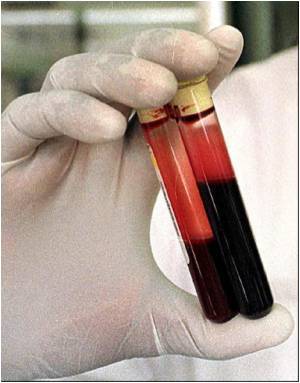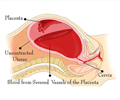
The authors argue: "Policies and practices from funding countries, particularly exclusive use of volunteer non-remunerated donors, centralization, and systematic preparation of blood components, are not necessarily appropriate for sub-Saharan Africa where the vast majority of transfusions are done as emergencies."
They continue: "Implementation of these policies and practices adds significantly to the cost of a unit of blood, making the transfusion services unaffordable in resource poor settings and creating long term reliance on external funding."
The authors suggest that on the basis of current evidence, leading funding organizations should focus on achieving adequate blood supply in order to save lives in the context of emergency blood transfusion in sub-Saharan Africa.
The authors conclude: "Externally funded initiatives for strengthening transfusion services in sub-Saharan Africa should be based on appropriate evidence and adapted to take account of the local context, available resources, and long term sustainability."
Source-Eurekalert















